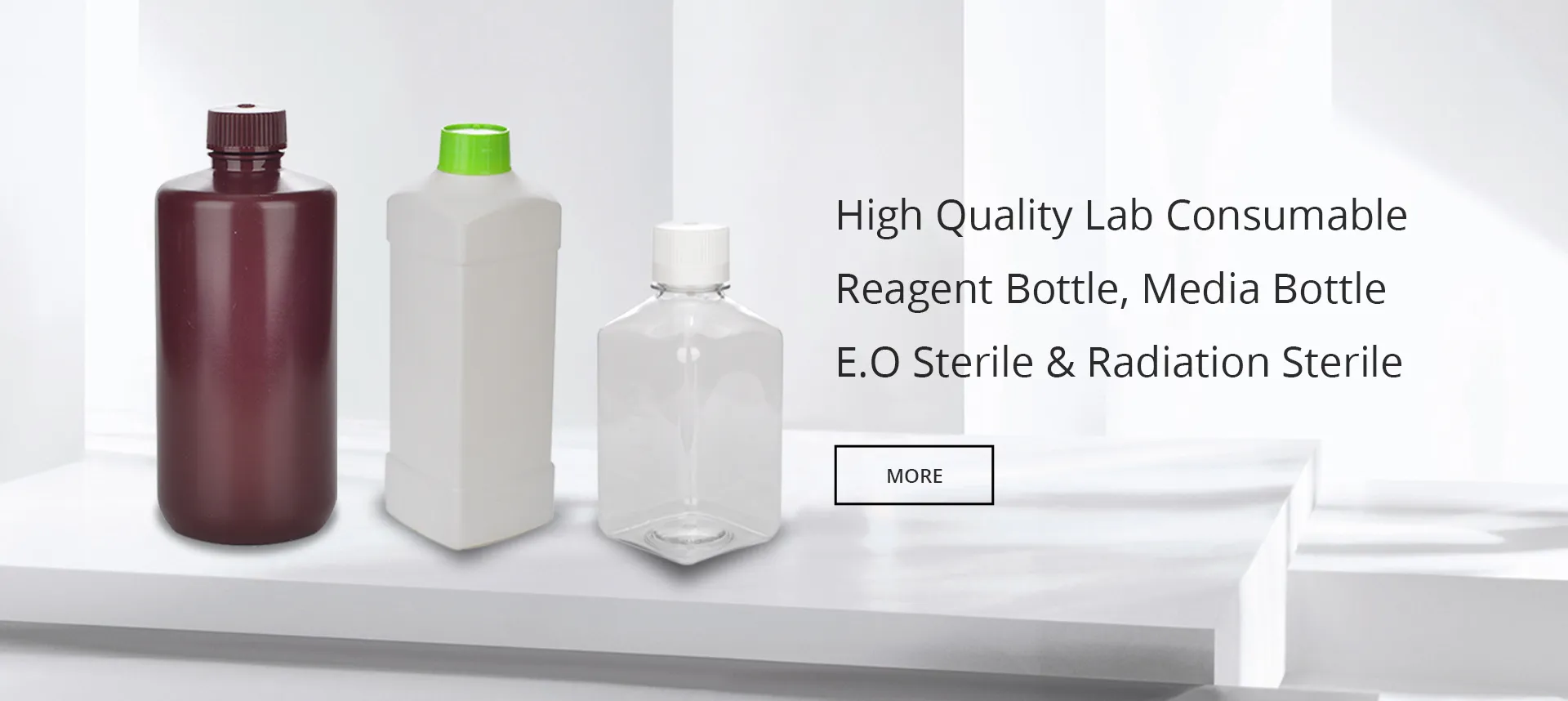Which tube is suitable for DNA testing procedures and sample collection methods?
Understanding the Role of Tubes in DNA Testing
DNA testing has revolutionized various fields, from forensics to ancestry research. A critical component of this process is the collection and preservation of DNA samples, which is where specialized tubes come into play. These tubes are designed to maximize the integrity of biological samples, ensuring accurate and reliable results.
When we talk about DNA testing, we often think of swabs, blood samples, or saliva samples. Regardless of the source, the collection method greatly influences the quality of the DNA extracted. The type of tube used for collecting these samples can vary depending on the specific requirements of the test being conducted.
Types of Tubes for DNA Collection
1. Screw-Cap Tubes These tubes typically have a secure screw cap that prevents contamination and evaporation of the sample. They are often used for blood collection, where maintaining the integrity of the sample is crucial. The design minimizes the risk of leakage, making them ideal for transportation to testing facilities.
2. Blood Collection Tubes For blood samples, various types of blood collection tubes are employed. For example, EDTA tubes are used for collecting whole blood samples because EDTA acts as an anticoagulant, preventing the blood from clotting. This is essential for ensuring that DNA can be effectively isolated from the blood cells. Some blood collection tubes may also contain other additives, such as sodium citrate or heparin, depending on the requirements of the testing procedure.
3. Saliva Collection Kits For tests that use saliva as a source of DNA, specific tubes are designed to facilitate collection. These tubes usually include stabilizing agents that protect the DNA from degradation. The collection process requires the donor to spit into the tube, which is then sealed for testing. These kits are convenient, allowing for non-invasive collection of DNA samples, making them popular for personal ancestry tests and forensic investigations.
what tube is used for dna testing

4. Swab Collection Tubes In forensic settings, buccal swabs (cheek swabs) are commonly used for DNA collection. The swab is often placed into a specially designed tube that preserves the sample while preventing contamination. These tubes are crucial for law enforcement and legal purposes, where the chain of custody must be maintained.
5. Cryogenic Tubes For long-term storage of DNA samples, cryogenic tubes are utilized. These tubes can withstand extremely low temperatures, making them suitable for biobanking and research applications. Their design ensures that samples remain viable for extended periods, preserving the DNA's integrity for future testing.
The Importance of Proper Tube Selection
Selecting the appropriate tube for DNA collection is vital for several reasons. Firstly, it minimizes contamination risks, which can lead to erroneous results. Secondly, it ensures that the DNA remains stable and intact during storage and transport. Lastly, specific additives in the tubes can enhance the DNA extraction process, yielding more accurate and higher-quality results.
Conclusion
In summary, the choice of tube used for DNA testing is crucial to the efficacy and accuracy of the results. With different types of tubes available for various sample types, understanding their roles helps ensure proper DNA handling. The evolution of these specialized tubes reflects the ongoing advancements in genetic testing, underscoring the importance of both precision and reliability in this fascinating field. As DNA testing continues to grow in prominence, the significance of these collection tubes will only become more evident, paving the way for groundbreaking discoveries in genetics, ancestry, and individualized medicine.
-
Aesthetic Makeup Spray Bottles | Fine Mist Empty RefillableNewsAug.19,2025
-
White Plastic Veterinary Vaccine Vials | Lab Liquid BottlesNewsAug.18,2025
-
Plastic Medicine Liquid Bottle: Secure Flip Top Drug VialsNewsAug.17,2025
-
Durable 250ml Blue Plastic Vaccine Vial for Lab & Vet UseNewsAug.16,2025
-
Sterile Virus Sample Tubes: Secure & Reliable Specimen CollectionNewsAug.15,2025
-
White 250ml Plastic Vaccine Vial for Lab & Vet MedicineNewsAug.14,2025
























